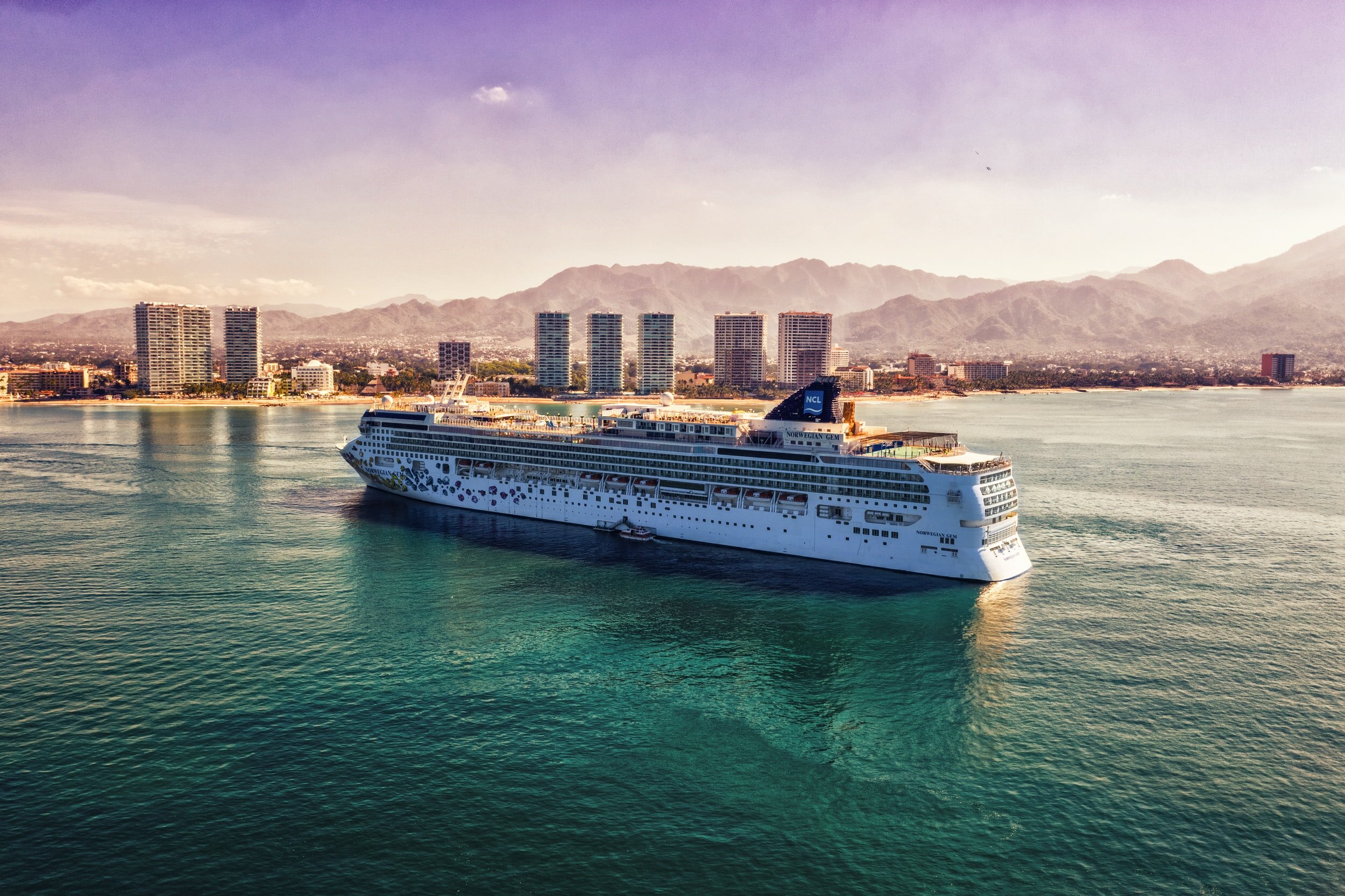
Case Summaries
TUI UK Ltd v Griffiths [2023] UKSC 48 – 29 November 2023 (Reed LJ, Hodge LJ, Kitchin LJ, Sales LJ, Lloyd-Jones LJ)
The Claimant sued the Defendant tour operator alleging that he fell ill due to contaminated food. He relied on expert evidence which the Defendant did not contest, failing to produce its own expert evidence or to cross examine the Claimant’s expert. The trial judge dismissed the claim on the basis of deficiencies in the expert’s report raised by the Defendant. The High Court overturned this decision; the CA restored it, finding that a court was entitled to rely on its own assessment that a report was unsatisfactory even if uncontroverted; the Supreme Court overturned the CA, ruling that the trial judge’s decision to reject expert evidence which had neither been contested nor subjected to cross-examination rendered the trial unfair. There were limited exceptions, though – e.g. where expert evidence is manifestly incredible or contain an obvious absurdity or mistake on the face of a report.
Philipp v Barclays Bank UK PLC [2023] UKSC 25 – 12 July 2023 (Reed LJ, Hodge LJ, Sales LJ, Hamblen LJ, Leggatt LJ)
Mrs Philipp claimed against her bank, having fallen victim to an 'authorised push payment' ('APP') fraud, whereby she authorised payments totalling £700k to fraudsters' various international a/cs. The SC, restoring the 1st instance judgment, confirmed the bank's duty to carry out its customer's instructions with reasonable care and skill, disobeying them if reasonable grounds for believing fraudulent agency involved. Where, as here, the instructions came directly from the customer (a feature of APP fraud), the bank might have the right - but had no duty - to disobey such instructions.
Jalla & Anor v Shell International Trading and Shipping Co Ltd & Anor [2023] UKSC 16 – 10 May 2023 (Reed LJ, Briggs LJ, Kitchin LJ, Sales LJ, Burrows LJ)
Following a major oil spill off the Nigerian coast in 2011, land owners claimed in private nuisance for damage to their land, alleging that as the oil remained uncleaned, the nuisance was ongoing and the limitation period re-started daily. Confirming the Courts below, the Supreme Court ruled that the spill was a single event, and the tort was complete once the oil impacted the Claimants' land. The Claimants' argument was rejected as it would undermine the law on limitation by extending the time bar indefinitely.
Alize 1954 & Anor v Allianz Elementar Versicherungs AG & Ors [2021] UKSC 51 – 10 November 2021 (Reed LJ, Briggs LJ, Arden LJ, Hamblen LJ, Leggatt LJ)
Owners of CMA CGM Libra, grounded after straying from a buoyed fairway, appealed a ruling that their (causative) failure to update charts to show “numerous depths less than charted” rendered the vessel unseaworthy (Art. III r.1 Hague Rules). Dismissing the appeal, the SC held that seaworthiness was not confined to physical defects, nor were seaworthiness and navigational matters distinct categories. Negligent navigation, here by not updating charts, caused the unseaworthiness, to which Art IV r.2 was no defence, and Owners were under a non-delegable duty to make the vessel seaworthy.
Wollongong Coal Ltd v PCL (Shipping) Pte Ltd (The "Illawarra Fortune") [2020]
“Subcharterers Gujarat India failed to pay US$ 3.2M freight to Disponent Owners PCL, time charterers of the Vessel Illawarra Fortune. After taking assignment of Owners' rights under the b/Is, PCL tried to recover those sums from Shippers WCL. The bills provided for "freight payable as per Charter Party", i.e. the voyage charter. However, following Wa's failure to pay part of freight costs, the b/Is were marked "Null and Void" and substituted by switch bills identifying New Alloys as shippers. The Court held that because of the novation WCL's liability under the b/Is was extinguished therefore neither Owners nor PCL as their assignee could recover the freight and costs related to the voyage.”
Sveriges Angfartygs Assurans Forening (The Swedish Club) & Ors v Connect Shipping Inc & Anor [2019]
“The Supreme Court confirmed that costs incurred both before and after notice of abandonment may be taken into account in ascertaining whether a vessel is a CTL pursuant to s.60(2)(ii) of the Marine Insurance Act 1996; SCOPIC charges however are not to be taken into account as, by contrast, they are 'unconnected with the damage to the hull or its hypothetical reinstatement.'“